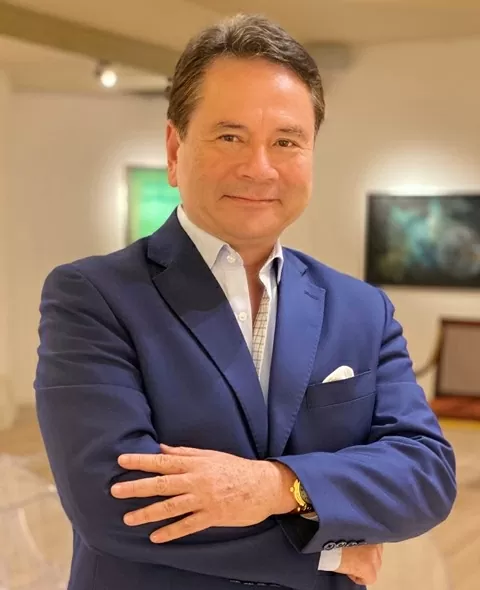
Vietnam’s Proposal to Cut U.S. Tariffs to Zero is A Timely and Strategic Move: Expert
Latest
 |
| Vietnam’s Proposal to Cut U.S. Tariffs to Zero is A Timely and Strategic Move: Mr. Tran Si Chuong, Economic and Strategic Development Advisor to International Enterprises. (Photo: Courtesy by Author) |
In an era of intensifying global trade tensions and rising protectionism, Vietnam’s proactive gesture, in the telephone conversation on April 4, 2025 between Vietnam’s General Secretary To Lam and President Donald J. Trump, to negotiate a reduction of tariffs on American goods to zero is more than a symbolic olive branch—it is a calculated and strategic move. This decision reflects not only economic pragmatism but also an acute understanding of shifting geopolitical dynamics, particularly as the United States reassesses its trade relationships under the shadow of potential Trump-era policies.
Tariffs have long been recognized as a blunt instrument—harmful not only to the targeted exporters but also to domestic consumers and supply chains. Empirical research and decades of global trade experience show that tariffs increase costs, erode competitiveness, and invite retaliatory measures, often hurting all parties involved.
Instead of retaliating, Vietnam has taken a smarter path: offering a unilateral reduction to 0% on U.S. imports. This avoids escalating tensions while reinforcing Vietnam’s commitment to free trade. It also strategically ensures continued access to the U.S. market—Vietnam’s largest export destination, with bilateral trade reaching approximately $136 billion in 2024. At the same time, it opens Vietnamese markets to cheaper American agricultural and technological goods, benefiting domestic consumers and manufacturers.
From a geopolitical standpoint, the move also sends a timely signal. By making this proposal at a moment when Donald Trump is emphasizing his “America First” agenda, Vietnam effectively provides him with a public relations victory—proof that tough trade policies yield "concessions".
The market has already responded favorably. Stocks of major U.S. brands that manufacture in Vietnam—such as Nike and Adidas—saw immediate rebounds, anticipating improved trade conditions and lower operating risk.
Vietnam’s proposal to reduce tariffs to zero is not a mere act of goodwill—it is a acute geopolitical and economic calculation. It helps de-escalate trade risks, secures continued U.S. market access, enhances the country’s global trade image, and positions Vietnam favorably in the event of a second Trump presidency.
In the age of unilateralism and strategic uncertainty, Vietnam has demonstrated that agility, foresight, and economic openness are its best tools for securing national interest. In doing so, it not only protects its economic momentum but also signals its readiness to play a more assertive role in the evolving architecture of global trade.
These opinions are sole point of view of the author. Mr. Tran Si Chuong is an advisor on economic and strategic development to international enterprises and institutional investors. He has analyzed the Vietnamese economy for over three decades, beginning with his co-authorship of the International Finance Corporation’s (IFC) first comprehensive survey of Vietnam’s emerging private sector. He previously served as a professional staff member in the United States Congress, where he specialized in banking, foreign affairs, and international trade policy.













